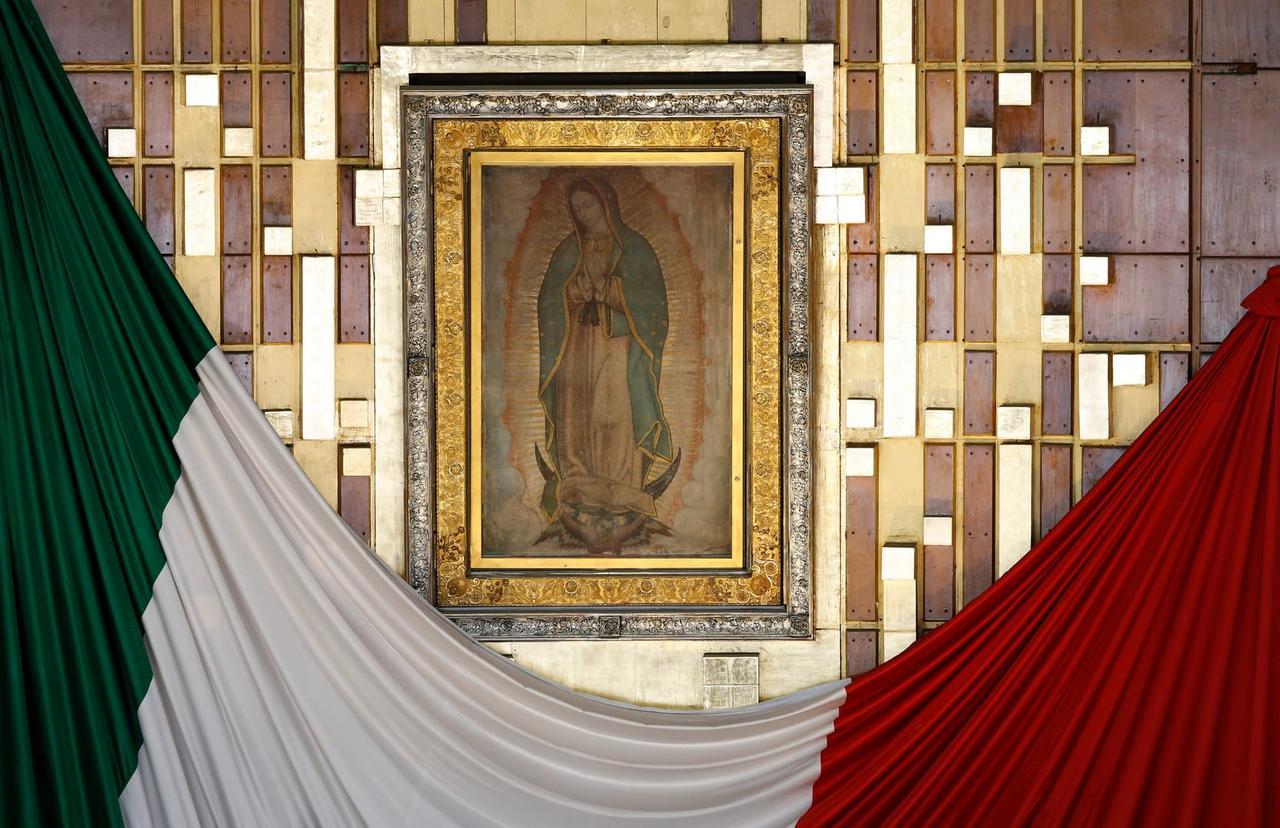SÃO PAULO, Brazil – One word – synodality – dominated the general assembly of the Episcopal Conference of Latin America (CELAM), which gathered the presidents and secretary-generals of all bishops’ conferences in Latin America and the Caribbean between May 26-30 in Rio de Janeiro.
Political polarization in the region, the growing migration crisis – worsened by President Donald Trump’s new policies – and the already perceptible impacts of climate change were some of the themes discussed by the bishops during the event.
But they emphasized that building a profound communion in the Latin American Church may not only be relevant for Catholics, but also for the region’s societies as a whole.
“According to the Synod on Synodality’s final document, synodality can work as a social prophecy in the Church. In the face of a polarized society, the Church can provide a signal of unity, despite the differences,” Argentinian-born Father Pedro Brassesco, CELAM’s adjunct secretary-general, told Crux.
Bishop Joel Portella Amado of the Diocese of Petrópolis (in Rio de Janeiro state), formerly the Brazilian Bishops’ Conference’s secretary-general (between 2019-2023), presented to the participants of the assembly a conference about the central need to pursue synodality – and true communion.
“The current world is plural and complex, so we need to think about the process we follow in order to get to the solutions for specific matters,” Amado told Crux.
In his opinion, synodal processes are fundamental in that context, given that they allow that different segments are heard.
“When that occurs, not only the specific decision is more solid, but the institution itself – the Church or any other – grows in maturity,” he added.
In a synodal Church, the bishop ceases to be somebody who can do whatever he wants in his diocese, an idea that has developed for several years, Brassesco said.
“In his presentation, Amado said that the national conferences of bishops must be promoted as necessary spaces of communion. In the dioceses, the movement needs to be the same,” he said.
The assembly’s final message didn’t fail to mention the several challenges of Latin America and the Caribbean nowadays, like the persistence of poverty and inequality, unpunished violence, corruption, drug trafficking, forced migration, the weakening of democracy, the cry of the land, and secularization.
Such issues had already been discussed by the Episcopal conferences during regional encounters held by CELAM in March, in a preparatory phase for the general assembly.
“The idea was to debate local problems and local answers and rediscover joint work in order to better coordinate the necessary actions,” Brassesco said.
Such local encounters promoted an environment for the national conferences to know more about their neighbors and the common reality they share, Brassesco explained.
That comes in line with the effort of recovering CELAM’s meaning as an organization that operates to help the national conferences – and not some kind of supranational entity.
Since 2023, there has been a planned attempt in CELAM to bring the conferences closer to each other – including the Caribbean ones, where some countries speak other languages than Spanish and Portuguese.
“We’ve been issuing communications in French and English, for example, as part of that movement,” Brassesco said.
CELAM’s delegates have been taking part in the national assemblies of the bishops’ conferences. Seminars and even training classes on specific themes have been promoted on-line and offered to the entire Church of Latin America.
All that has to be combined with a deep commitment to unity, Amado emphasized.
“Division has always existed. It’s part of the fact that Christians are free and not clones of each other. The problem begins when a perspective intends to be universal and tries to exclude the others,” he said.
We’re called to build a different reality, in which we never forget we’re brothers and sisters, he continued. The final document mentions a “Church that hears and learns from the Holy Spirit’s lights, offered to the whole people of God.”
The assembly, which happened just a few weeks after Cardinal Robert Prevost was elected to be the new pope, also served as a space where the participants were free to celebrate it.
“There was an atmosphere of relief due to the fact that Pope Leo XIV lived for several years in Peru and knows the Latin American Church very well,” Brassesco said.














